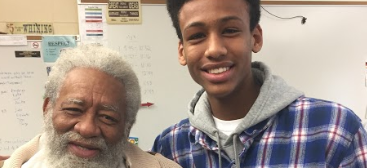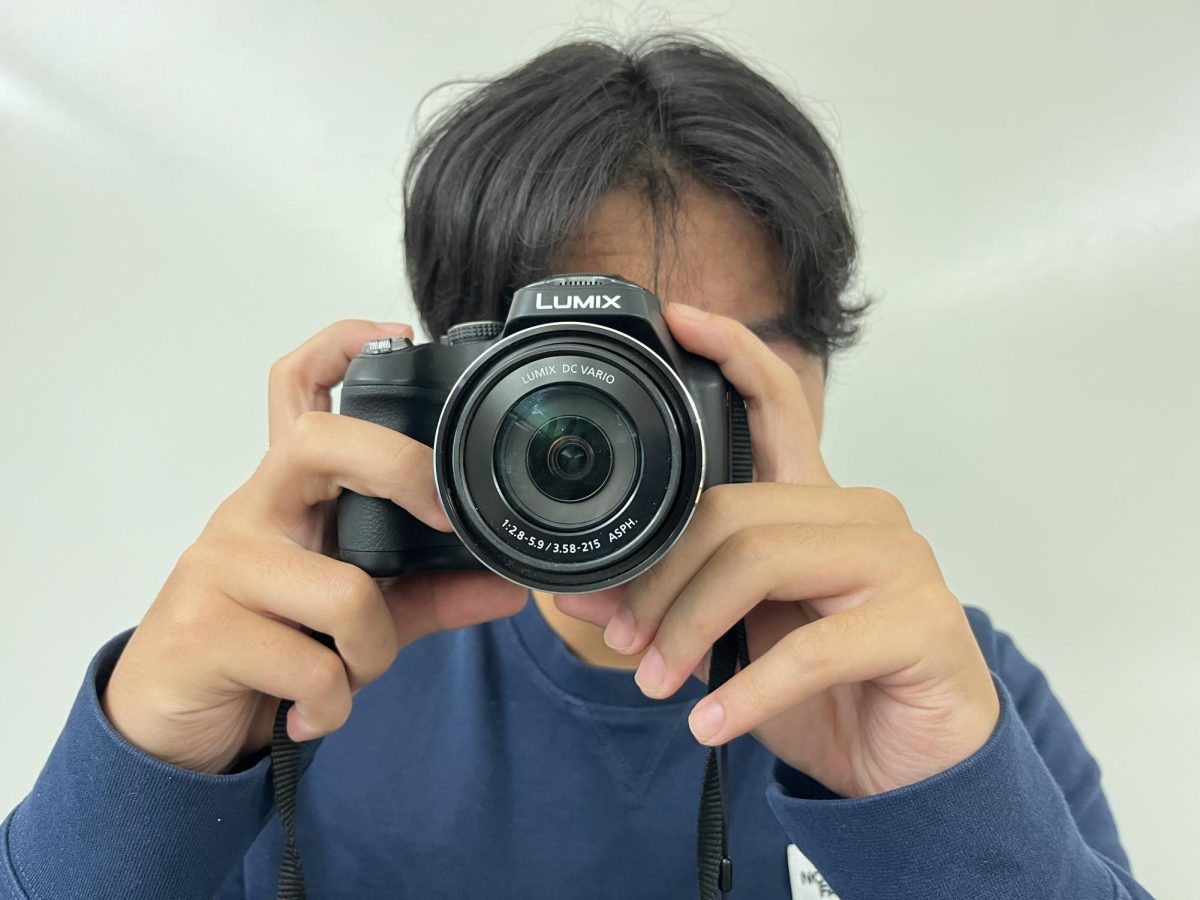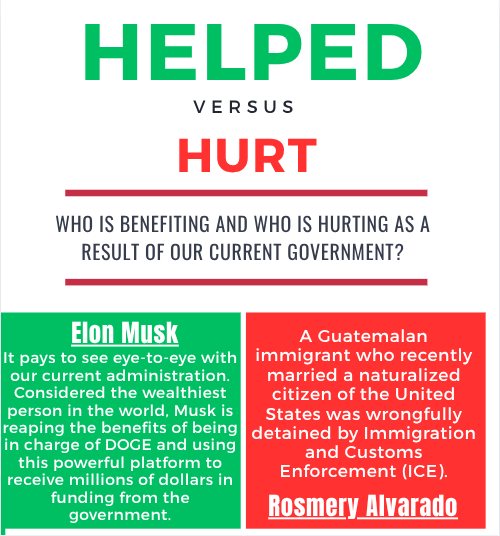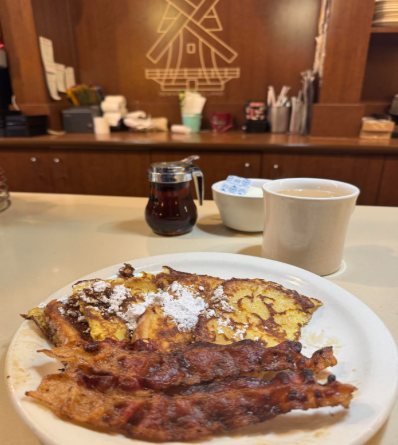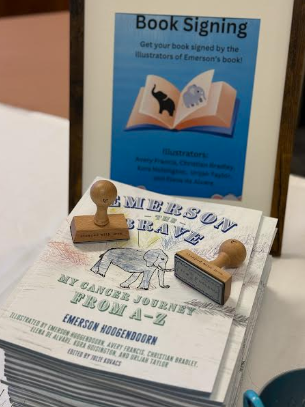An embodiment of history visited Brian Taylor’s classroom on January 24.
Students in Taylor’s AP U.S. Government have been studying the Civil Rights Movement. Soph. Xavier Chavis, a current AP Gov. student, grew up learning about the movement from a primary source, his grandpa. Chavis’ grandpa, Curtis Muhammad, was more than happy to come in and give Taylor’s students a look into his past.
Muhammad’s role in the civil rights movement started in 1960 when Ella Baker helped establish The Student Nonviolent Coordinating Committee (SNCC). “I was one of the first staff people. There was very few of us,” Muhammad recalled. “[Baker] didn’t believe in us telling somebody what they needed to do, so we had to knock on doors and ask people what they wanted us to do.”
Muhammad and other members talked to families in Mississippi for weeks, tallying up what they thought was the worst problem facing African Americans. Everyone unanimously agreed that their right to vote was most important. “We kept hearing this from door to door, so we needed to start a movement for the right to vote,” Muhammad said.
“The first man we took to register to vote, they killed him. They shot him and killed him right downtown. The man who shot him was an elected representative. He was acquitted within ten minutes,” Muhammad explained to the students. Taylor’s students couldn’t imagine facing that level of opposition now, but the SNCC members persisted.
People often told them to wait, but Muhammad and other students wouldn’t any longer. “We got to stop passing the buck. Who’s left?” Muhammad said. SNCC leader John Lewis led the first Selma to Montgomery March, which ended prematurely when state troopers attacked the students. Dr. King led two more marches with the students until the government had to do something.
The politics of the time shaped Muhammad’s experiences. He did, however, see improvements after President Lyndon B. Johnson signed The Voting Rights Act of 1965, making it illegal for any state to prevent African Americans from voting through literacy tests, poll taxes, or other discriminatory requirements.
Efforts of SNCC and other activist groups made this act possible. Now, African Americans have their right to vote protected, but Muhammad acknowledged that there are still inequalities to overcome.
In the same way young leaders in SNCC made a difference, Muhammad encouraged students to think of new ways they can make a difference and create a better world. “What can we do with our lives to make things better?” Muhammad asked.
Meeting an activist from the movement was beneficial to everyone in the class. “He was very inspiring and opened us up to discuss real problems,” Soph. Lauren Toledo said. Muhammad’s insight on civil rights issues showed students parts of history they may not have considered before.
Muhammad left an important message with the class: “Your generation is the fixers. You’re the leaders, you’re up next.”

